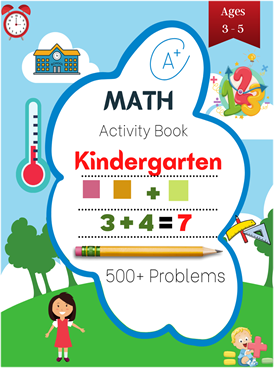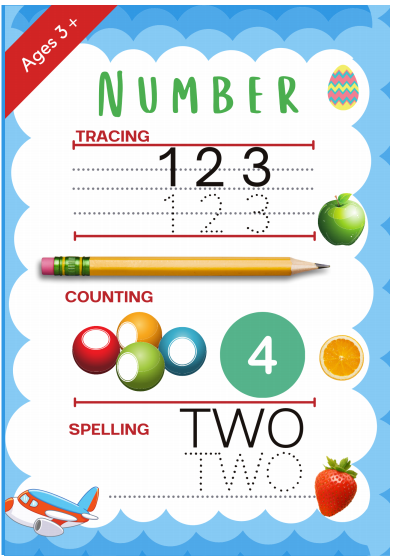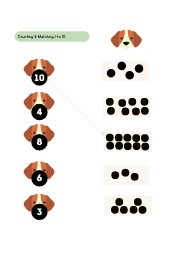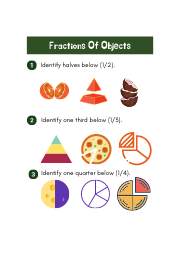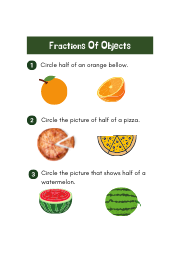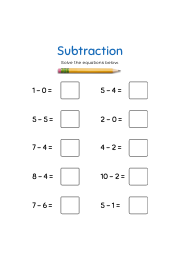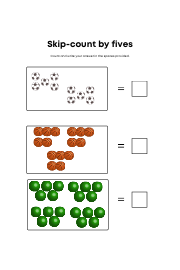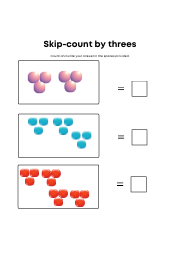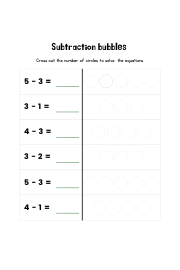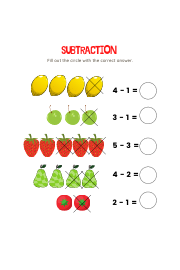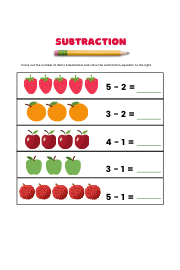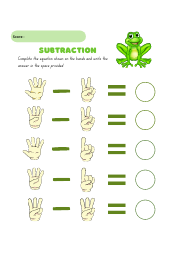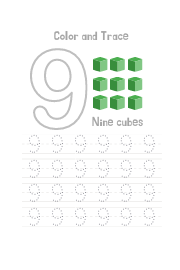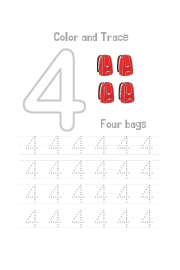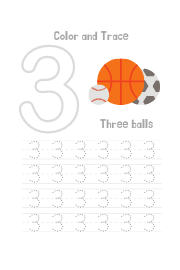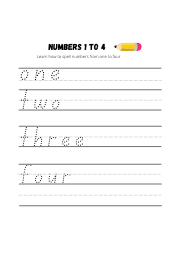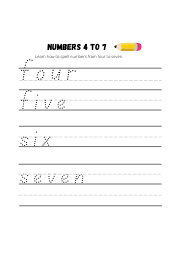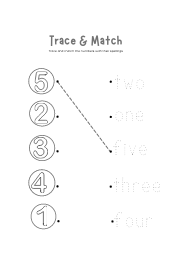Preschool Martial Arts: Building Strong Bodies and Minds
Preschool martial arts might seem like an unconventional choice for early childhood development, but its benefits are numerous and profound. In this article, we'll explore the world of preschool martial arts, from its physical and mental benefits to safety considerations and teaching methodologies.
Introduction to Preschool Martial Arts
Preschool martial arts programs cater to young children between the ages of 3 to 6 years old. These programs are designed to introduce children to basic martial arts concepts in a safe, supportive, and age-appropriate environment. While the focus is on fun and play, preschool martial arts also instill valuable life skills such as discipline, respect, and self-confidence.
Benefits of Preschool Martial Arts
Physical Development
Engaging in martial arts at a young age can significantly contribute to a child's physical development. Through structured activities and exercises, children improve their balance, coordination, flexibility, and strength. Moreover, the repetitive nature of martial arts movements helps enhance muscle memory and motor skills. Continue below >>. cursive writing free pack here >>
Mental Development
A preschool martial arts program can play a significant role in fostering mental development in young children. Here's how:
-
Focus and Concentration: Martial arts require children to focus their attention on specific movements, techniques, and instructions. Through regular practice, preschoolers learn to concentrate on the task at hand, improving their ability to stay focused for longer periods both inside and outside the classroom.
-
Memory and Learning: Learning martial arts involves memorizing sequences of movements, forms, and techniques. By repeatedly practicing these sequences, preschoolers enhance their memory skills and cognitive abilities. This process of memorization and repetition also strengthens neural pathways in the brain, facilitating faster learning and retention of information.
-
Problem-Solving Skills: Martial arts training often involves partner drills and sparring exercises that require preschoolers to think strategically and anticipate their opponent's movements. By engaging in these activities, children develop problem-solving skills as they analyze situations, make decisions, and adjust their tactics accordingly.
-
Self-Discipline and Self-Control: Martial arts instill important values such as self-discipline, self-control, and patience. Preschoolers learn to follow instructions, respect authority, and adhere to rules and guidelines. Through disciplined practice, they develop a sense of responsibility and accountability for their actions, which translates into improved behavior and decision-making in other areas of their lives.
-
Emotional Regulation: Martial arts training provides a structured outlet for preschoolers to release pent-up energy and emotions in a controlled manner. By channeling their emotions into physical activity, children learn to regulate their emotions and manage stress, anxiety, and frustration more effectively. This emotional resilience helps them cope with challenges and setbacks both on and off the mat.
-
Confidence and Self-Esteem: As preschoolers progress in their martial arts training and achieve milestones such as earning belts or mastering new techniques, they gain a sense of accomplishment and confidence in their abilities. Positive reinforcement and encouragement from instructors and peers further boost their self-esteem, empowering them to tackle new challenges and pursue their goals with confidence.
-
Resilience and Perseverance: Martial arts teach preschoolers the importance of perseverance and resilience in the face of adversity. Through overcoming obstacles, facing setbacks, and pushing through difficult training sessions, children develop a growth mindset and a willingness to embrace challenges as opportunities for growth and learning.
Overall, a preschool martial arts program provides a holistic approach to mental development, equipping children with essential cognitive, emotional, and social skills that lay the foundation for lifelong success and well-being.
Emotional Development
A preschool martial arts program offers numerous benefits for emotional development in young children. Here's how:
-
Self-Confidence: Through martial arts training, preschoolers gradually build confidence in their abilities. As they learn new techniques and overcome challenges, they gain a sense of accomplishment and self-assurance. This confidence extends beyond the martial arts studio and positively impacts their interactions with peers and adults in various social settings.
-
Emotional Regulation: Martial arts provide a structured environment for preschoolers to learn how to manage their emotions effectively. By channeling their energy into physical activity and focusing on specific techniques, children learn to regulate their emotions such as anger, frustration, and anxiety. They develop coping mechanisms and relaxation techniques that help them stay calm and composed in stressful situations.
-
Respect and Empathy: Respect is a core value in martial arts philosophy, and preschoolers learn to show respect to their instructors, peers, and opponents. Through bowing, shaking hands, and following etiquette rules, children cultivate empathy and consideration for others' feelings and perspectives. This respect and empathy foster positive relationships and a sense of belonging within the martial arts community.
-
Conflict Resolution: Martial arts teach preschoolers valuable conflict resolution skills that they can apply both on and off the mat. Through partner drills and sparring exercises, children learn how to communicate effectively, negotiate differences, and resolve conflicts peacefully. They develop assertiveness and problem-solving abilities that help them navigate interpersonal conflicts and build healthy relationships.
-
Emotional Resilience: In martial arts, preschoolers encounter various challenges and setbacks, such as mastering difficult techniques or facing opponents in sparring matches. Through perseverance and determination, children learn to bounce back from failures and setbacks, developing resilience and a positive attitude towards adversity. This emotional resilience prepares them to cope with stress and setbacks in other areas of their lives.
-
Goal Setting and Achievement: Martial arts encourage preschoolers to set goals and work towards achieving them. Whether it's earning a new belt, mastering a specific technique, or participating in a tournament, setting and achieving goals fosters a sense of accomplishment and self-efficacy. Children learn the importance of perseverance, dedication, and hard work in reaching their goals, which boosts their self-esteem and motivation.
-
Positive Role Modeling: Martial arts instructors serve as positive role models for preschoolers, demonstrating values such as discipline, integrity, and perseverance. Through observing and emulating their instructors' behavior, children learn important life lessons and develop character traits that contribute to their emotional development.
Overall, a preschool martial arts program provides a nurturing environment for emotional growth and development. By fostering self-confidence, emotional regulation, respect, resilience, and goal achievement, martial arts equip preschoolers with essential life skills that lay the foundation for healthy emotional well-being and success in all aspects of life.
Safety Considerations for Preschoolers
Ensuring the safety of preschoolers in a martial arts program is paramount. Here are some key safety considerations to keep in mind:
-
Qualified Instructors: Ensure that the instructors leading the classes are experienced and certified in teaching martial arts to young children. They should understand the unique needs and abilities of preschoolers and be able to create a safe and supportive learning environment.
-
Age-Appropriate Activities: Martial arts activities should be tailored to the developmental stage of preschoolers. Avoid techniques or exercises that are too complex or physically demanding for their age group. Instead, focus on simple movements and basic skills that they can comfortably perform.
-
Proper Warm-Up and Cool-Down: Always start each class with a thorough warm-up to prepare the preschoolers' bodies for physical activity and reduce the risk of injury. Likewise, end the class with a cool-down session to help them relax and prevent muscle soreness.
-
Use of Protective Gear: Depending on the type of martial arts practiced, consider using protective gear such as helmets, gloves, and shin guards to minimize the risk of injury during sparring or partner drills. Make sure the gear fits properly and is in good condition.
-
Supervision and Attention: Preschoolers require close supervision during martial arts classes to ensure their safety. Instructors should be actively engaged with the children, providing guidance and corrections as needed. Additionally, maintain a low student-to-instructor ratio to ensure adequate supervision.
-
Hygiene and Sanitation: Keep the training area clean and free from hazards or obstacles that could cause accidents. Encourage preschoolers to wash their hands before and after class to prevent the spread of germs and infections. Regularly sanitize equipment and mats to maintain a hygienic environment.
-
Injury Prevention Strategies: Teach preschoolers proper techniques for falling and rolling to minimize the risk of injury during drills or sparring. Emphasize the importance of listening to their bodies and taking breaks when they feel tired or uncomfortable.
-
Communication with Parents: Establish open communication channels with parents to address any concerns or questions they may have about their child's safety in the martial arts program. Provide updates on class activities and any safety measures implemented.
By prioritizing safety and implementing these considerations, preschoolers can enjoy the many benefits of martial arts training in a secure and supportive setting.
How to Choose the Right Preschool Martial Arts Program
When it comes to choosing the right preschool martial arts program for your child, there are several key factors to consider. Here's a guide to help you make an informed decision:
-
Instructor Qualifications: Look for programs with instructors who have experience working with young children and are certified in martial arts instruction. A good instructor will be patient, encouraging, and able to adapt their teaching style to suit the needs of preschoolers.
-
Class Size: Consider the size of the classes offered. Smaller class sizes allow for more individual attention and personalized instruction, which can be beneficial for young children who may need extra support or guidance.
-
Curriculum Structure: Review the curriculum of the program to ensure it is age-appropriate and focuses on fundamental skills and concepts. Look for programs that offer a balance of physical activities, games, and character development exercises.
-
Safety Measures: Safety should be a top priority in any preschool martial arts program. Inquire about the safety protocols in place, such as proper warm-up routines, use of protective equipment, and supervision during activities.
-
Facility Cleanliness: Visit the facility in person to assess its cleanliness and organization. A clean and well-maintained environment is essential for the health and safety of your child.
-
Parental Involvement: Find out if the program encourages parental involvement and offers opportunities for parents to observe classes or participate in activities with their child. Parental involvement can enhance the learning experience and strengthen the bond between parent and child.
-
Trial Classes: Many preschool martial arts programs offer trial classes or introductory sessions. Take advantage of these opportunities to see firsthand how the program is run and how your child responds to the instruction.
-
Feedback and Reviews: Research the reputation of the program by reading reviews and testimonials from other parents. Positive feedback from satisfied customers is a good indicator of a quality program.
-
Cost and Schedule: Consider the cost of the program and whether it fits within your budget. Also, evaluate the schedule to ensure it aligns with your child's other activities and commitments.
By considering these factors and doing your research, you can choose a preschool martial arts program that is safe, engaging, and beneficial for your child's development.
Teaching Methodologies in Preschool Martial Arts
Effective preschool martial arts instructors employ a variety of teaching methodologies to keep young children engaged and motivated. These may include storytelling, imaginative play, visual aids, and interactive games. By making learning fun and interactive, instructors can create a positive and nurturing environment where children thrive.
Sample Preschool Martial Arts Activities
Warm-up Exercises
- Animal walks (e.g., bear crawl, frog jump)
- Stretching routines
- Balance exercises (e.g., standing on one leg)
Basic Techniques
- Punches and kicks (e.g., jab, front kick)
- Blocking and evasion drills
- Partner exercises for coordination and timing
Games and Drills
- Simon Says with martial arts commands
- Obstacle courses
- Relay races with martial arts-themed challenges
Incorporating Values and Discipline
Preschool martial arts programs not only teach physical skills but also instill important values such as respect, integrity, and perseverance. Instructors emphasize the importance of good sportsmanship and encourage children to set goals and work hard to achieve them. By nurturing these values from a young age, preschoolers develop a strong moral compass that guides their actions both on and off the mat.
Success Stories from Preschool Martial Arts Programs
Countless success stories attest to the transformative power of preschool martial arts. From shy and timid children blossoming into confident leaders to energetic and hyperactive kids channeling their energy into focused discipline, the benefits are evident in every aspect of a child's life. By providing a supportive and nurturing environment, preschool martial arts programs empower children to reach their full potential and become the best versions of themselves.
Common Myths and Misconceptions
Despite its many benefits, preschool martial arts is often subject to misconceptions and myths. Some parents worry that martial arts promote violence or aggression, but in reality, these programs emphasize discipline, control, and respect for others. Others fear that martial arts are too physically demanding for young children, but with proper supervision and age-appropriate activities, preschoolers can safely enjoy the benefits of martial arts training.
Frequently Asked Questions about Preschool Martial Arts
-
Is preschool martial arts safe for young children?
- Yes, when conducted by qualified instructors in a supportive environment, preschool martial arts is safe and beneficial for young children.
-
Will my child become aggressive from practicing martial arts?
- No, martial arts teach discipline, respect, and self-control, helping children channel their energy in positive ways.
-
What if my child is not athletic or coordinated?
- Martial arts programs are designed to accommodate children of all skill levels and abilities, helping them improve at their own pace.
-
How can I find a reputable preschool martial arts program in my area?
- Research local studios, read reviews, and visit in person to observe classes and meet instructors.
-
What should my child wear to martial arts class?
- Most preschool martial arts programs require comfortable athletic wear such as a t-shirt and shorts, along with bare feet for training.
Conclusion
Preschool martial arts offers a unique blend of physical activity, mental stimulation, and character development for young children. By providing a safe and supportive environment, these programs empower children to develop essential life skills such as discipline, confidence, and resilience. Whether your child is shy and introverted or energetic and outgoing, preschool martial arts can be a transformative journey towards personal growth and empowerment.

